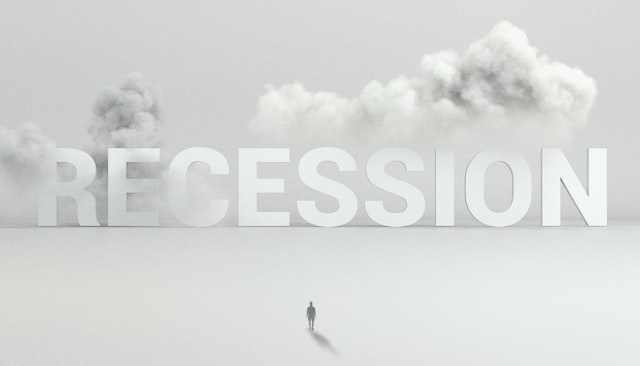January 5, 2023
As the economies of the US, EU, and China slump, 2023 will be “tougher” than last year, according to Kristalina Georgieva.
The global economy is currently being weighed down by the conflict in Ukraine, rising costs, higher interest rates, and the expansion of Covid in China.
The IMF revised down its forecast for 2023 global economic growth in October.
On the CBS television show Face the Nation, Ms. Georgieva stated that “we predict one third of the world economy to be in recession.”
For hundreds of millions of people, it would feel like a recession even in nations that are not experiencing one, she continued.
An economist at Moody’s Analytics in Sydney named Katrina Ell provided the BBC with her analysis of the global economy.
“While our baseline assumes that there won’t be a global recession in the coming year, the likelihood is uncomfortably high. However, the US is on the edge of collapse and Europe will not escape the recession “She spoke.
In October, the IMF revised down its forecast for global economic growth in 2023 as a result of the conflict in Ukraine and higher interest rates as central banks around the world work to contain inflation.
Since that time, despite the massive spread of coronavirus infections in the nation, China has abandoned its zero-Covid policy and begun to reopen its economy.
China, the second-largest economy in the world, would likely have a difficult beginning to 2023, Ms. Georgieva predicted.
She predicted that the coming months would be difficult for China, which would have a detrimental effect on the country’s progress as well as that of the region and the entire world.
190 nations make up the IMF, an international organization. They cooperate in an effort to stabilize the world economy. Being a system for early economic warning is one of its most important functions.
The remarks made by Ms. Georgieva will worry people all across the world, especially in Asia, which had a rough year in 2022.
Because of the conflict in Ukraine, inflation has been slowly increasing throughout the area, and higher borrowing rates have also hurt consumers and businesses.
Data that was made public over the weekend indicated that the Chinese economy will be weak towards the end of 2022.
The official purchasing managers’ index (PMI) for December revealed that as coronavirus infections spread throughout the nation’s factories, factory activity in China declined for the third consecutive month and at the highest rate in over three years.
Because borrowing is more expensive and interest rates are higher, some businesses may decide not to invest in growing their operations.
Investors may withdraw funds from an economy due to a lack of growth, leaving nations—particularly those that are poorer—with less money to pay for essential imports like food and energy.
A currency’s value versus that of more successful economies can decline during these slowdowns, aggravating the problem.
Source: BBC
Legal Notice: The information in this article is intended for information purposes only. It is not intended for professional information purposes specific to a person or an institution. Every institution has different requirements because of its own circumstances even though they bear a resemblance to each other. Consequently, it is your interest to consult on an expert before taking a decision based on information stated in this article and putting into practice. Neither Karen Audit nor related person or institutions are not responsible for any damages or losses that might occur in consequence of the use of the information in this article by private or formal, real or legal person and institutions.






